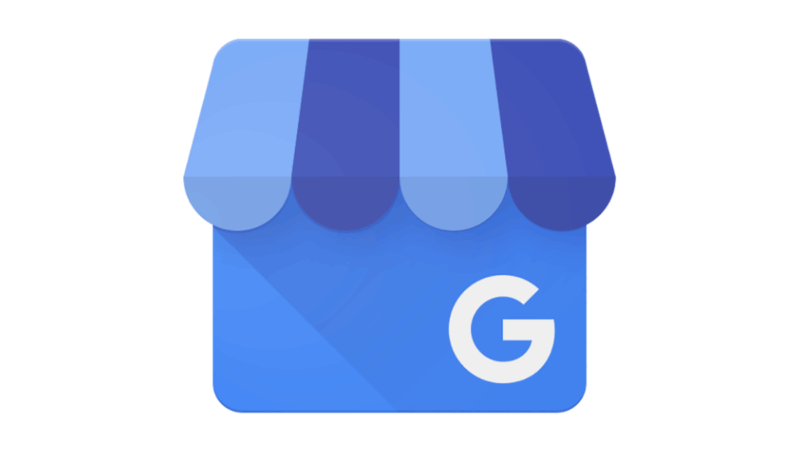How We Bootstrapped A Music Licensing Business to $2.5M/Year
Hello! Who are you and what business did you start?
Hello! This is Aaron Green, Vice President and co-founder of EasySongLicensing.com. We are a 3rd party music licensing agent, specializing in music clearance for any type of permission, for any type of use; kind of like your one-stop music nerd Swiss Army Knife!
Our work involves helping indie artists, record labels, online aggregators (such as CD Baby), filmmakers, studios, video production companies, entertainment lawyers and corporate clients with all their music licensing needs by brokering music clearance deals with music publishers and record labels. These types of permissions include:
- Mechanical song licensing (re-recorded cover versions of copyrighted material for audio-only releases)
- Video synchronization (commercial/advertisements/branding/TV/film/DVD/Video-On-Demand/internet streaming/public display, etc.; any video or visual use of copyrighted material)
- Master rights (use of an original master sound recording)
- Theatrical rights (live stage/musicals/dramas)
- and Print licensing (digital and physical print...
Sorry, you need to login and/or become a member to view the rest of this content.
More Business Ideas Like This

























